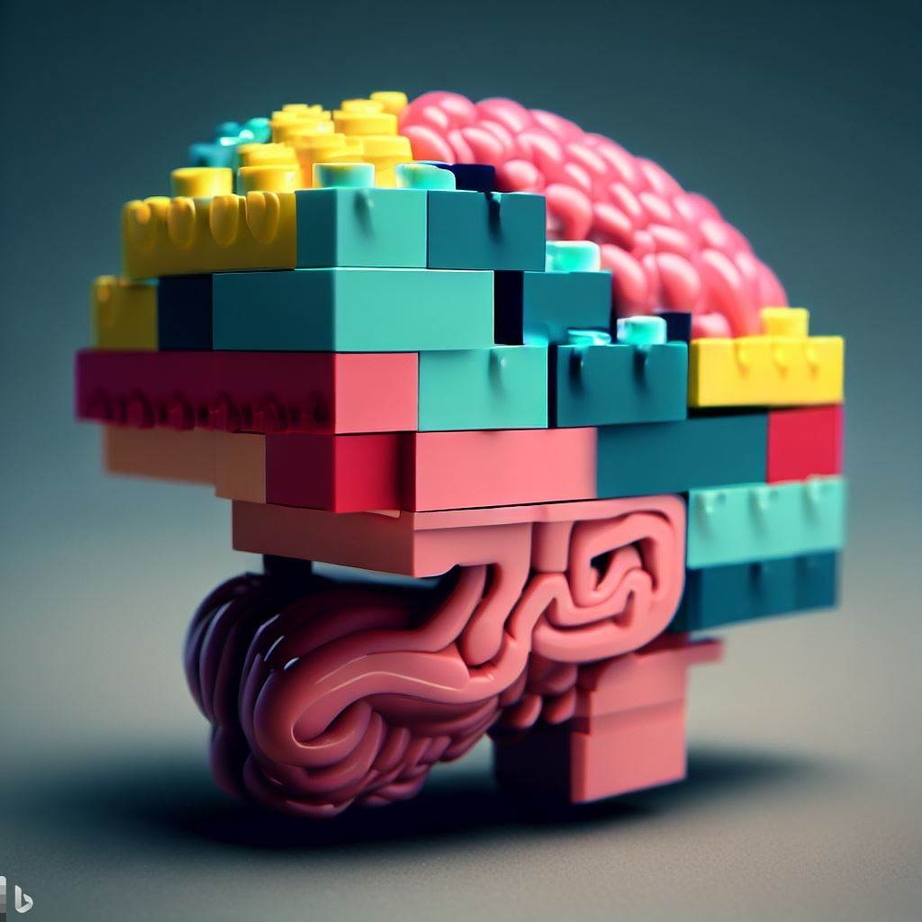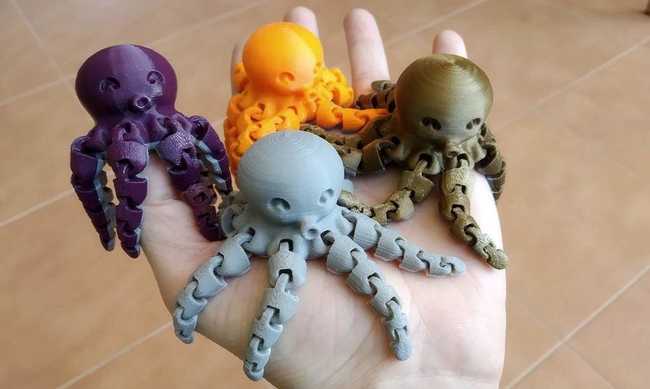The idea is simple. Find a working example with a small neural network and make all neurons physical, and train it much faster because all neuron is independent. Each neuron is a FPGA that just immediately reacts on incoming signal, adjusts its weights and carry on.
It should be cute and interactive as japanese toy Tuttuki Bako (ツッツキバコ - easy to remember: 3 smiles, high-voltage power line, uphill, downhill and me on the bike, then dead end...)
Research
I spend the Autumn of 2022 trying to figure out what approach I should use for my robots.
TODO: result will be concluded
3d model
I'm looking for cute neuron
- https://sketchfab.com/3d-models/neuron-03a5173f3d2e46958b6f8be81b1c88be
- https://www.turbosquid.com/3d-models/neuron-cell-max/412770#
- https://cults3d.com/en/3d-model/game/76-spydyr
Inspiration
Flexible snakes
Model by Cinderwing3D printed with rainbow PLA filament. Called crystal dragon
Mini octopus
Model by McGybeer
FPGA
There are tutorials on how to program one FPGA to work as a neural network (even non real FPGA, but in the cloud). Such thing use very perfomant chips like
But I want small tiny FPGAs to be independent (how tiny FPGA could be, an example that still in stock), that will allow on physical level to see the process when every activation will be illuminated be LEDs on neuron's case.
ATMega8
ATmega8 has three multi-bit multipurpose I/O ports:
- PORTB with 8 bits,
- PORTC with 7 bits, and
- PORTD with 8 bits.
Total of 23 bits. Reserve a few bits for I2C communication with an LED strip. With Arduino-type board we a looking for 5V strip
LED curcuit chips
| Chip | Voltage | LEDs per chip | Data pins |
|---|---|---|---|
| WS2811 | 12-24V | 3 | 1 |
| WS2812 | 3.5-5.3V | 1 | 1 |
| WS2813 | 3.5-5.3V | 1 | 2 |
| WS2815 | 9-13.5V | 1 | 2 |
| WS2818 | 12/24V | 3 | 2 |
I don't know if there's good LED review in English, but this one is all you need 🔥



